For people's health
At the Northwest gateway of Ho Chi Minh City, in recent years, Xuyen A General Hospital has been one of the trusted addresses for medical examination and treatment for people in Cu Chi, Hoc Mon (HCMC) and Tay Ninh province. On average, the hospital receives 2,000-2,500 medical examinations per day, and provides inpatient treatment for 1,000-1,500 people. At the Western gateway, Gia An 115 and City International Hospitals are the names that many people in this area remember when they need medical examination and treatment. This is also the address that attracts many people from the Southwest provinces to come for medical examination and treatment. In particular, Gia An 115 Hospital - a product of the public-private partnership (PPP) model between Hoa Lam Group and People's Hospital 115 - is known as a place to perform specialized techniques such as cardiovascular, neurology - stroke, endocrinology, orthopedic trauma... The team of professionals trained domestically and internationally, along with leading experts from People's Hospital 115, has contributed to greatly reducing the load on the end-line hospitals of Ho Chi Minh City.
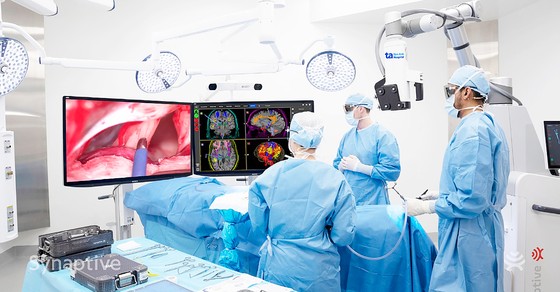 |
Tam Anh General Hospital's medical team performs robotic surgery on a patient |
In particular, during the Covid-19 outbreak in Ho Chi Minh City, private hospitals such as Hoan My Thu Duc General Hospital, Nam Sai Gon, Xuyen A, Gia An 115, etc. have converted their functions into Covid-19 treatment hospitals. Thanks to that, thousands of patients have been treated promptly, contributing greatly to reducing the burden on public health facilities. Vaccination teams from the private hospital system have also vaccinated thousands of people against Covid-19. During the tense epidemic period, the number of severe Covid-19 patients has been constantly increasing, private units have not hesitated to invest in machinery and equipment (such as ventilators, negative pressure isolation rooms, blood filters, ECMO systems, etc.), establishing Covid-19 resuscitation centers to promptly provide emergency care to patients.
Along with fighting the Covid-19 pandemic and reducing the burden on the upper level, private hospitals are also a "bright spot" in attracting foreign patients and developing medical tourism. For example, City International Hospital, every year, the number of medical examinations and treatments for foreigners at the hospital is constantly increasing, mainly foreigners living and working in Ho Chi Minh City and foreign visitors from Cambodia, Laos... coming for medical examination and treatment through tourism. Established later, Tam Anh General Hospital is emerging as a phenomenon in the Ho Chi Minh City health sector in both service quality and investment in specialized development. Along with purchasing many modern medical equipment, Tam Anh General Hospital also attracts many leading experts in various fields and establishes specialized centers.
Need a "push"
According to Associate Professor, Doctor, Doctor Tang Chi Thuong, Director of the Ho Chi Minh City Department of Health, the city currently has 66 private hospitals and more than 7,800 private clinics. Private healthcare has made many contributions to the overall development of the city, most importantly helping to reduce the burden on the public healthcare system, which has long been overloaded. Recently, the private healthcare system has made changes in quality, focusing on developing specialized healthcare. “These are positive signs. If in the past, most seriously ill patients had to be transferred from private hospitals to public hospitals for treatment, now private hospitals can confidently keep patients for treatment. This is also the premise for private hospitals to be able to compete with public hospitals in terms of treatment quality in the future,” Associate Professor, Doctor Tang Chi Thuong assessed.
However, the scale of private hospitals is still very small, accounting for only 10% of the total number of hospital beds in the whole area. In developed countries in the region such as Japan, Korea, Singapore, the private healthcare system accounts for more than 50% of the total number of hospital beds, which shows that the role of private healthcare is very important. Therefore, Vietnam needs to have policies to increase the total number of hospital beds to about 20% - 30%, such as preferential loan policies, land lease incentives, etc. "If we cannot mobilize private healthcare resources, it will be very difficult to develop specialized healthcare due to the large amount of investment. To attract private investment in healthcare, long-term support policies are needed because if the policies are only short-term, no one will invest in depth," Associate Professor, Dr. Tang Chi Thuong analyzed.
Based on this reality, the Ho Chi Minh City Department of Health proposed that the Ho Chi Minh City People's Committee propose a pilot mechanism and policy to create motivation for the development of Ho Chi Minh City in the health sector. According to the Ho Chi Minh City Department of Health, in the context of limited budget, it is necessary to mobilize private participation in the form of public-private partnership, allowing the private sector to build a new facility at another location (facility 2), the public hospital provides professional personnel and the hospital brand. The project "Establishing a high-tech early screening and diagnosis center" needs to call for private investment to soon meet the health care needs of people in the area. In addition, according to the needs of social development, Ho Chi Minh City needs to build more complex nursing homes to care for and treat the elderly, high-tech rehabilitation centers... with the participation of private health care.
According to Professor Tran Van Thuan, Deputy Minister of Health, Ho Chi Minh City has 66 private hospitals out of a total of 330 private hospitals nationwide (accounting for nearly 20%). The private healthcare system in Ho Chi Minh City has developed strongly with the number of outpatient and inpatient treatments in 2022 reaching more than 7.6 million; many specialized medical techniques in diagnosis, treatment and care have been invested in and successfully implemented.
Ms. TRAN KHANH THU, National Assembly Delegate: Issue preferential policies
Ho Chi Minh City is facing pressure from overload due to the large number of people coming for medical examination and treatment, not only from the city but also from many other provinces and cities, so there needs to be mechanisms and policies to attract social resources, especially the private health system to accompany the city's health system. Ho Chi Minh City needs to be decentralized with the authority to issue specific preferential policies to attract investors in health or health care sectors. For example, land allocation, investment procedures, administrative procedures for the private health system to participate in building new hospitals and new facilities - especially in the fields of oncology, cardiovascular, orthopedic trauma, neurology, eyes, ears, nose and throat...
Doctor NGUYEN HUU TUNG, Vice President of the Private Medical Practice Association: Public-private partnership is the right direction in socializing healthcare.
Public-private partnership is the premise for fairness in investment and health care for people, creating open conditions between health resources. The State needs to pay equal attention to private health care. When private health care grows, it will help the two public-private systems in the health system develop evenly and complement each other, towards the common goal of taking care of the health of people in Ho Chi Minh City as well as neighboring provinces.
Dr. NGUYEN PHAN TU DUNG, Director of JW Cosmetic Hospital: Trust in Vietnamese healthcare is spreading more and more
Every year, JW Cosmetic Hospital receives many foreigners and overseas Vietnamese who come to visit and perform cosmetic procedures. They all appreciate the high skills of Vietnamese doctors and the low cost. In 2015, the hospital started to set up a representative office in California (USA) to promote and achieve very positive results, not only contributing to the hospital's revenue but also developing tourism services. However, the current mechanism for private hospitals is still not "open" even though this sector brings in an extremely large revenue for the country; therefore, private hospitals really need proper investment attention in terms of preferential loan costs, taxes, land, etc.
Source




![[Photo] Visiting Cu Chi Tunnels - a heroic underground feat](https://vstatic.vietnam.vn/vietnam/resource/IMAGE/2025/4/8/06cb489403514b878768dd7262daba0b)





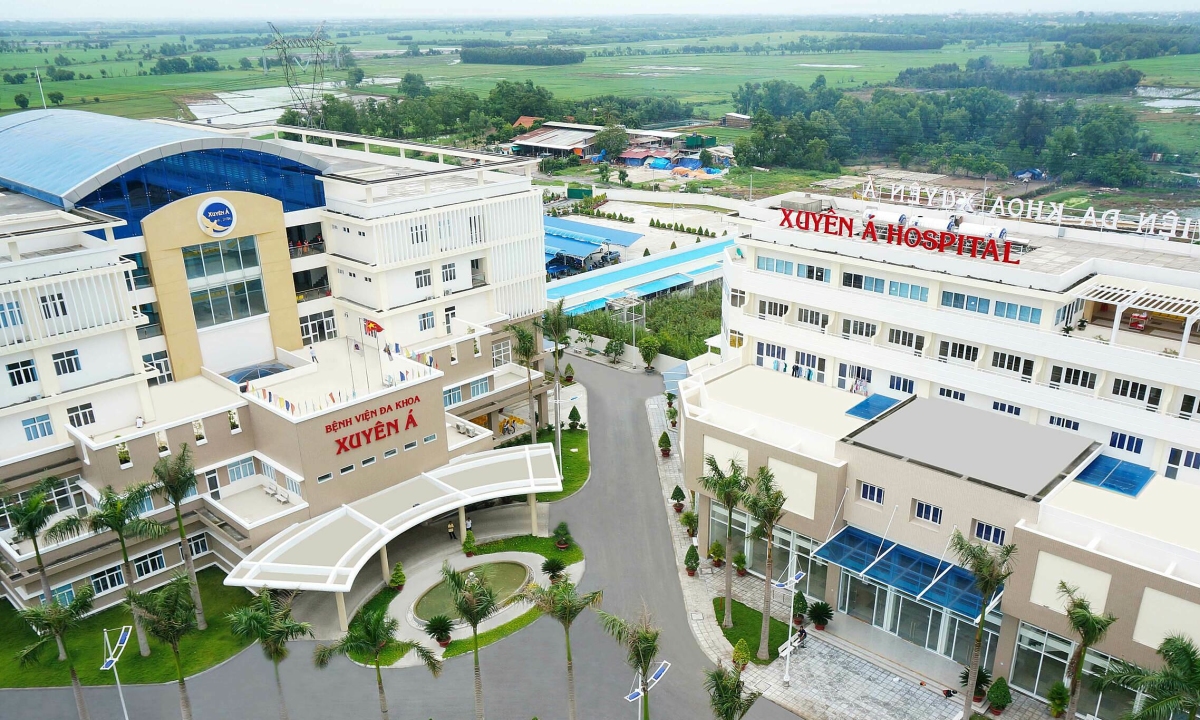

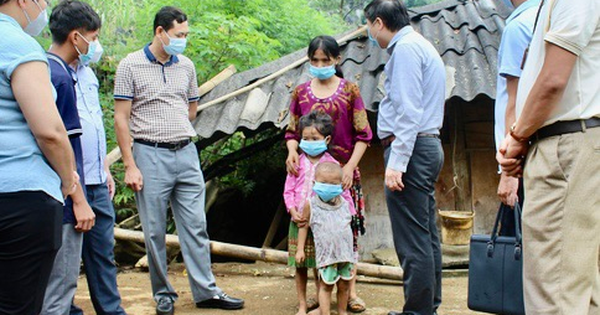


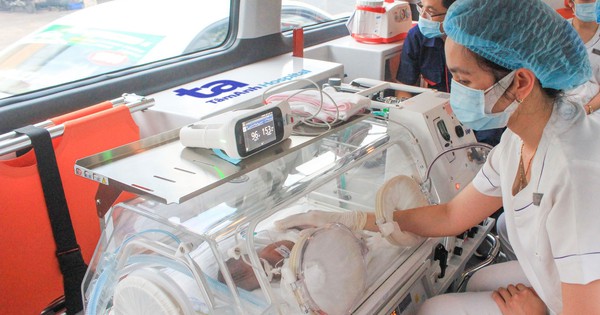
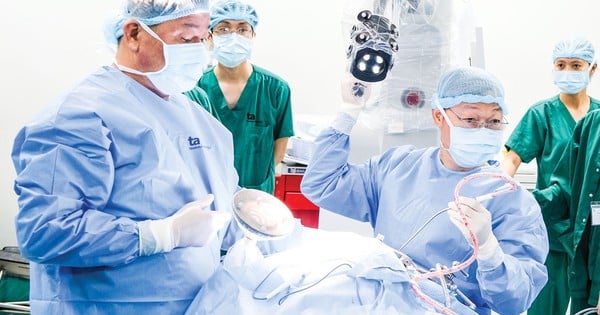









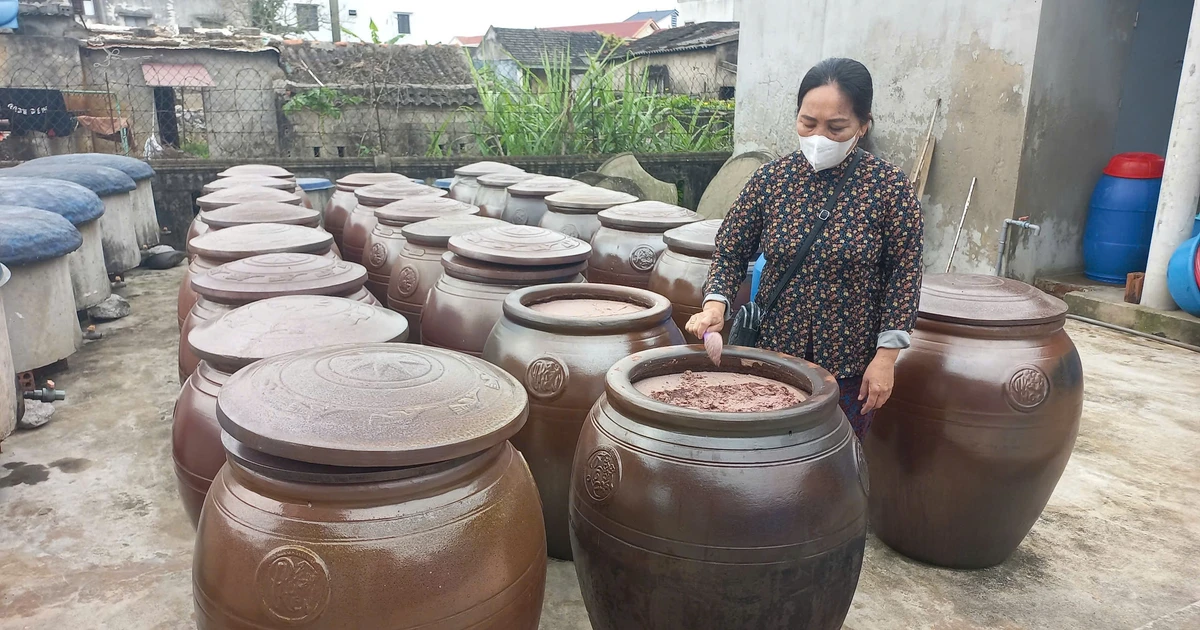








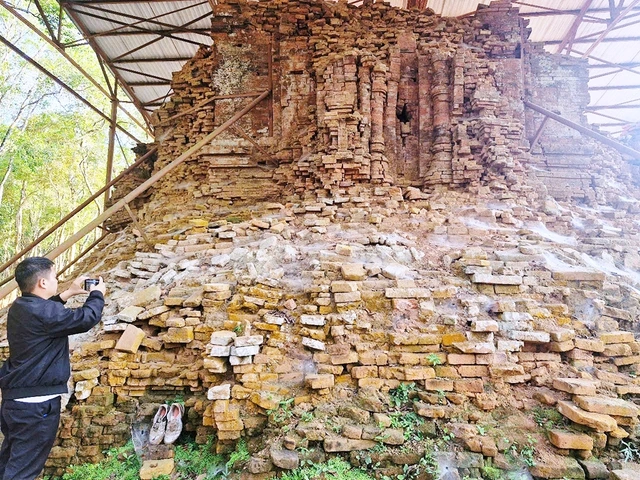





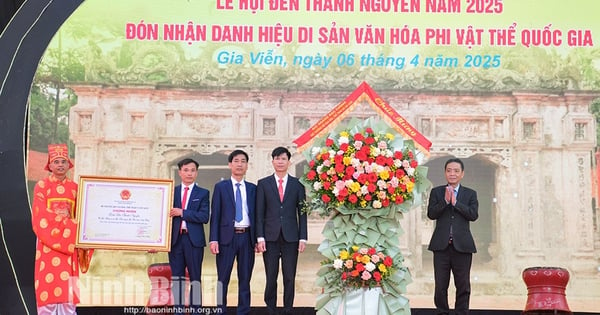





































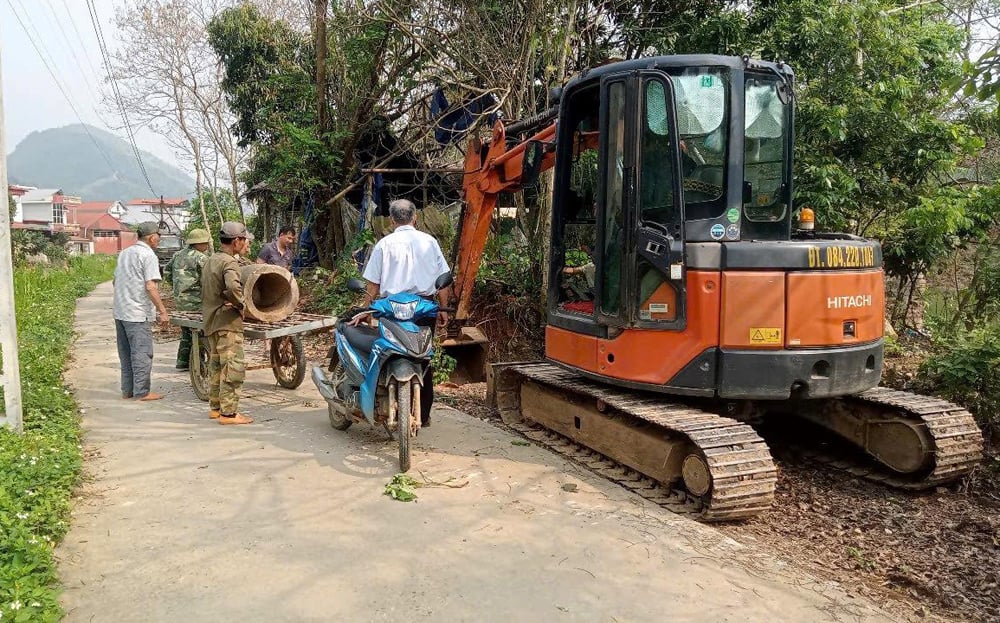











Comment (0)